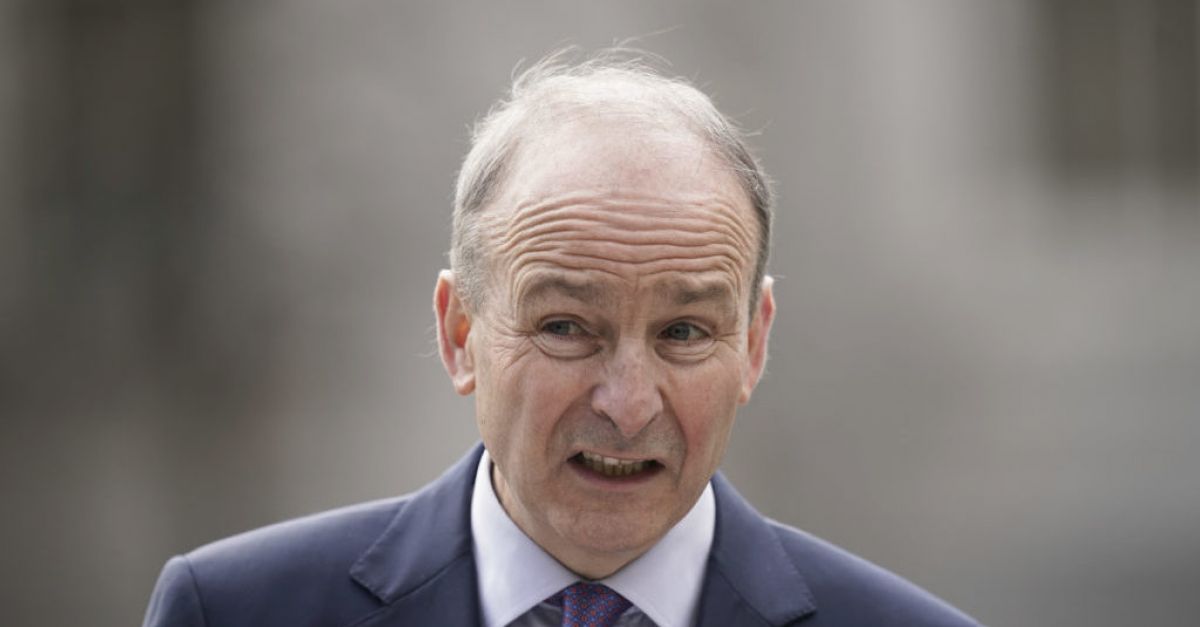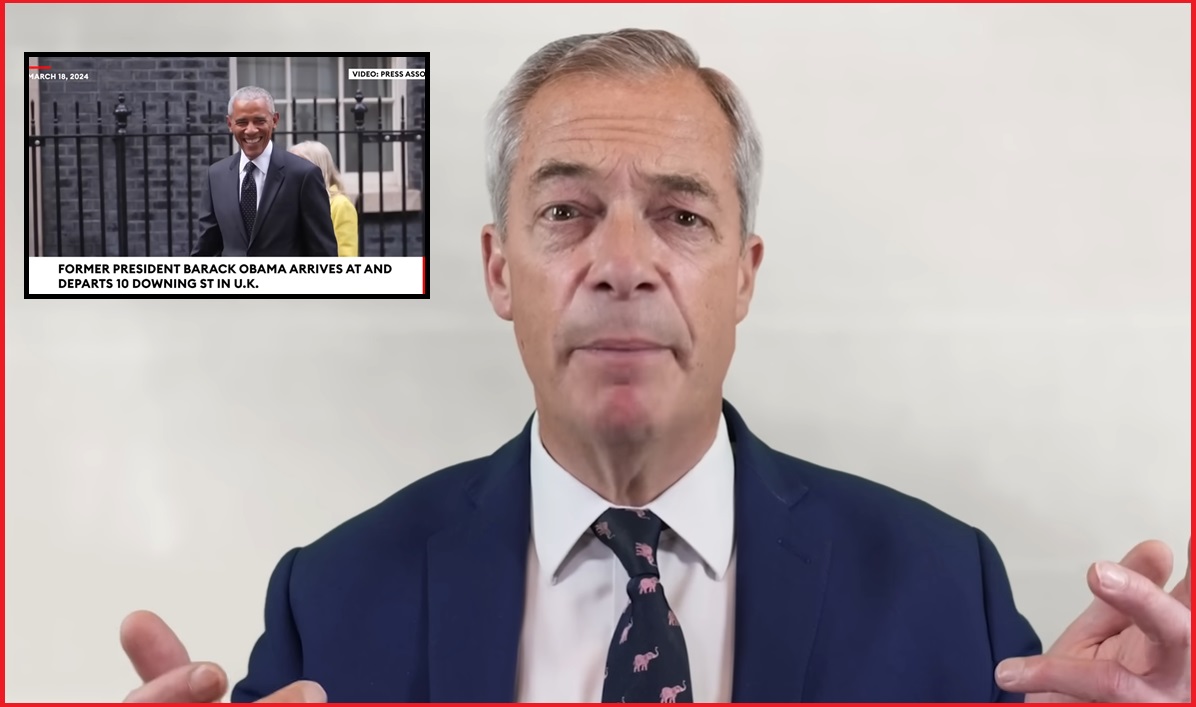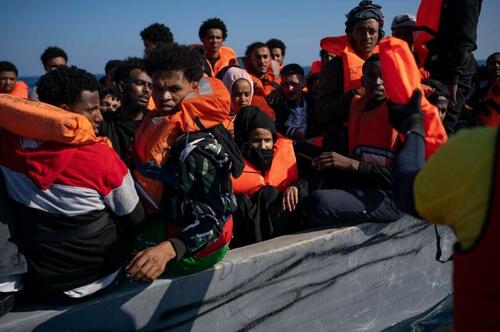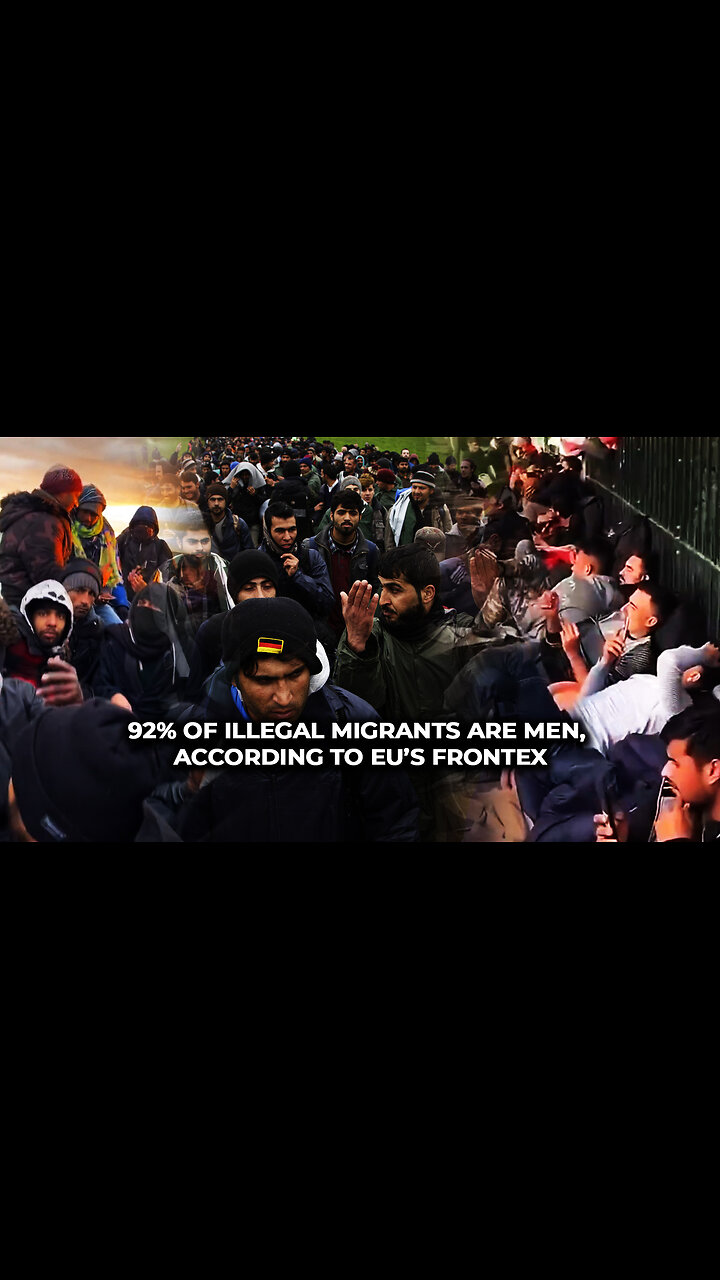Plain Jane
Just Plain Jane
February thread -
 www.timebomb2000.com
www.timebomb2000.com

 www.dw.com
www.dw.com
POLITICSEUROPE
5 hours ago5 hours ago
Europe's Socialists are kicking off their EU elections campaign, with social justice big on their agenda. But as the bloc continues to face a threat from Russia, defense — not social spending — may have the momentum.
[
There's a heavy police presence in the center of the Eternal City. The headquarters of Partito Democratico, Italy's social democratic party — only a stone's throw away from the Spanish Steps — has been cordoned off. Socialist heavyweights from across the continent, including Spanish Prime Minister Pedro Sanchez and German Chancellor Olaf Scholz, are in town to rally Europe's center-left lawmakers.
In a packed room inside the building on Friday, Iratxe Garcia Perez, the leader of the Socialists and Democrats in the European Parliament, delivered a passionate briefing on the upcoming campaign.
"The key issue for the campaign is to defend our values, our democracy and our safety," said Garcia ahead the party congress on Saturday. "That is what we are proposing to Europeans in all 27 countries: we are proposing a future based on solidarity, equality and opportunities for all."
But the key values they promote and promise to Europe's working class, such as social justice or shared prosperity, might be at risk of dropping out of sight. As the bloc struggles to continue supporting Ukraine against Russia and to spend more for its own defense, calls are growing to shift priorities and finance the new challenges the EU is facing through cuts in social spending.
"At the moment, it's only four countries in Europe," including Sweden, Bulgaria, Germany and non-EU member Norway, where more than 50% of the people are in favor of their own government spending more on defense, Schlepper told DW.
But, he added, the real question people are avoiding is, "are you willing to give up spending on other areas or are you willing to pay higher taxes?"
It's a difficult debate, acknowledged Joachim Schuster, a Social Democrat from Germany and member of the European Parliament. But the issue is being discussed "irrationally and hastily," he said.
After all, he told DW, European members of the NATO alliance already spend three times more on defense than Russia. Schuster suggested scrutinizing where that money is being spent and whether some is being wasted.
Schlepper disagrees. He argued that in Europe "we have a quite comprehensive welfare state," with countries such as Germany, France, Italy and Spain allocating between 27% and 32% of their GDP on social spending, in comparison to 2% or less on defense.
He believes that because of its share in public finances, social spending has to play some role in financing defense. "This could either be by actually consolidating social spending or by at least not increasing social spending further," Schlepper suggested.
"It's not inevitably social welfare that needs to be cut," said Sven Mikser, Estonia's former defense minister, who now represents his country’s Social Democrats in the European Parliament.
Mikser pointed out that events such as the recent COVID pandemic or the energy crisis tend to exacerbate preexisting divisions and social inequalities in societies. And that's why, he told DW, it's important to help those who are more vulnerable and put a bigger burden on those who are less at risk.
But Mikser also said he hopes voters understand that Europe is dealing with a very immediate threat to its security.
"It is imperative that we do more for our military and our security, because otherwise we might find ourselves in a totally unbearable situation in only a few years time," he said. "And that's something I shall not lie about to my voters."
Edited by: Martin Kuebler
INTL - Europe: Politics, Economics, Military - February 2024
January thread: https://www.timebomb2000.com/xf/index.php?threads/europe-politics-economics-military-january-2024.641433/#post-10029390 https://apnews.com/article/ukraine-war-russia-hungary-eu-summit-budget-6d0f11bc16b4b21073f92925de2046e4 The EU agrees a new €50 billion aid package for...

Ahead of EU elections, is Europe's social model at risk? – DW – 03/02/2024
Socialist parties are campaigning for the European Parliament, with social justice big on their agenda. But, as the bloc continues to face a threat from Russia, defense — not social spending — may have the momentum.
POLITICSEUROPE
Ahead of EU elections, is Europe's social model at risk?
Alexandra von Nahmen in Rome5 hours ago5 hours ago
Europe's Socialists are kicking off their EU elections campaign, with social justice big on their agenda. But as the bloc continues to face a threat from Russia, defense — not social spending — may have the momentum.
[
There's a heavy police presence in the center of the Eternal City. The headquarters of Partito Democratico, Italy's social democratic party — only a stone's throw away from the Spanish Steps — has been cordoned off. Socialist heavyweights from across the continent, including Spanish Prime Minister Pedro Sanchez and German Chancellor Olaf Scholz, are in town to rally Europe's center-left lawmakers.
In a packed room inside the building on Friday, Iratxe Garcia Perez, the leader of the Socialists and Democrats in the European Parliament, delivered a passionate briefing on the upcoming campaign.
"The key issue for the campaign is to defend our values, our democracy and our safety," said Garcia ahead the party congress on Saturday. "That is what we are proposing to Europeans in all 27 countries: we are proposing a future based on solidarity, equality and opportunities for all."
Socialists gear up for election campaign
Socialists are leading governments in Germany, Spain, Romania and Denmark and a caretaker government in Portugal, and they are expected to remain the second-largest force in the European Parliament after the elections, which will take place in all 27 member states of the European Union in early June.But the key values they promote and promise to Europe's working class, such as social justice or shared prosperity, might be at risk of dropping out of sight. As the bloc struggles to continue supporting Ukraine against Russia and to spend more for its own defense, calls are growing to shift priorities and finance the new challenges the EU is facing through cuts in social spending.
Do Europeans support higher defense spending?
"Public support to pay the bill for defense is fragile," said Marcel Schlepper, an economist and defense policy expert at the Ifo institute, a Munich-based research institution. Together with fellow researchers, he recently published a policy paper on the topic. Its conclusion: While Europeans are generally aware of the need for higher defense spending, their attitude changes when it comes to their own country's contribution."At the moment, it's only four countries in Europe," including Sweden, Bulgaria, Germany and non-EU member Norway, where more than 50% of the people are in favor of their own government spending more on defense, Schlepper told DW.
But, he added, the real question people are avoiding is, "are you willing to give up spending on other areas or are you willing to pay higher taxes?"
It's a difficult debate, acknowledged Joachim Schuster, a Social Democrat from Germany and member of the European Parliament. But the issue is being discussed "irrationally and hastily," he said.
After all, he told DW, European members of the NATO alliance already spend three times more on defense than Russia. Schuster suggested scrutinizing where that money is being spent and whether some is being wasted.
Europe has a 'quite comprehensive welfare state'
It's "absurd for some members of conservative and liberal circles" to rule out issuing new debt and to call for cuts in social spending instead, said Schuster. Why not introduce higher taxes for high income salaries, he proposed.Schlepper disagrees. He argued that in Europe "we have a quite comprehensive welfare state," with countries such as Germany, France, Italy and Spain allocating between 27% and 32% of their GDP on social spending, in comparison to 2% or less on defense.
He believes that because of its share in public finances, social spending has to play some role in financing defense. "This could either be by actually consolidating social spending or by at least not increasing social spending further," Schlepper suggested.
A bitter pill to swallow
But for the European Socialists, that would a bitter pill to swallow. "We have to defend our security and the European model — which is the social model," Garcia said in her speech in Rome. But she also insisted that there needs to be a debate first about resources and fiscal policies to accommodate that."It's not inevitably social welfare that needs to be cut," said Sven Mikser, Estonia's former defense minister, who now represents his country’s Social Democrats in the European Parliament.
Mikser pointed out that events such as the recent COVID pandemic or the energy crisis tend to exacerbate preexisting divisions and social inequalities in societies. And that's why, he told DW, it's important to help those who are more vulnerable and put a bigger burden on those who are less at risk.
But Mikser also said he hopes voters understand that Europe is dealing with a very immediate threat to its security.
"It is imperative that we do more for our military and our security, because otherwise we might find ourselves in a totally unbearable situation in only a few years time," he said. "And that's something I shall not lie about to my voters."
Edited by: Martin Kuebler
Last edited:

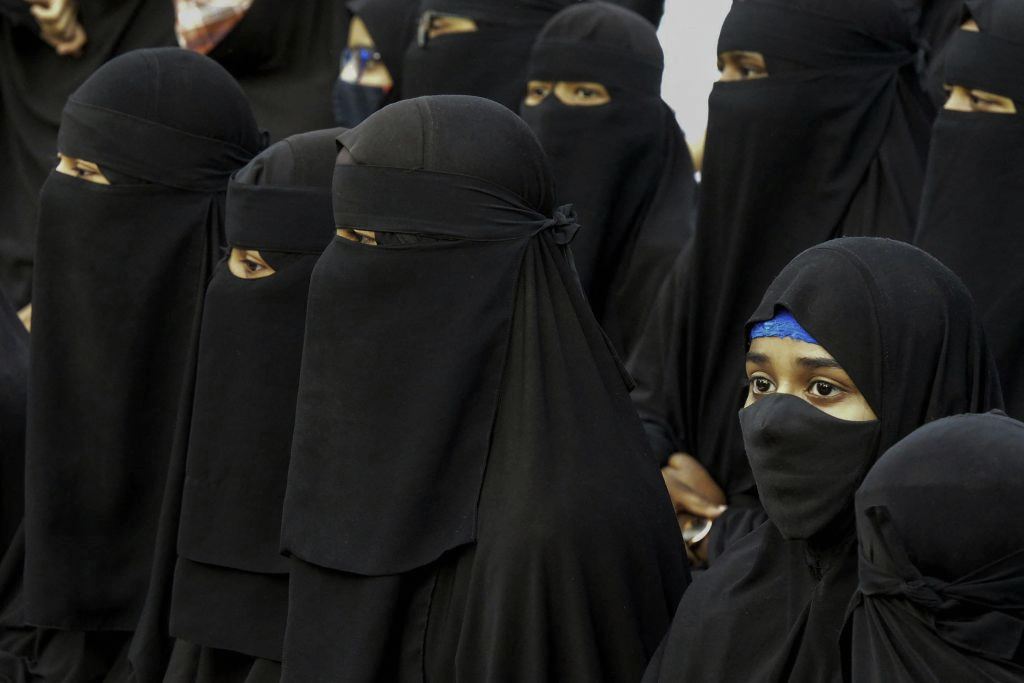
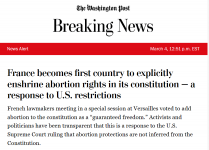


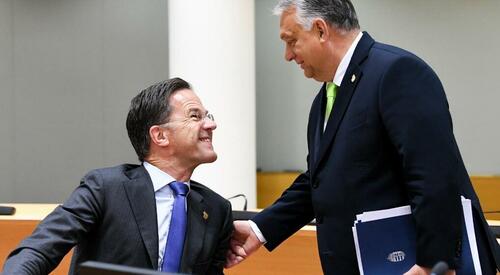

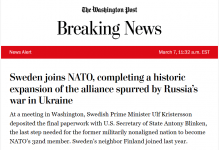
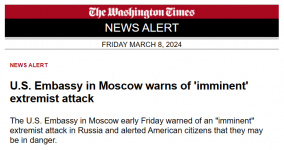
 Russian & Serbian Presidents at a meeting in 2019, via AP.
Russian & Serbian Presidents at a meeting in 2019, via AP.